Behind the Label: Shade Thomas-Fahm – The Mother of Modern Nigerian Fashion
Before Nigerian fabrics dazzled on international runways, before African fashion was celebrated as a global force, one woman had already seen its potential.
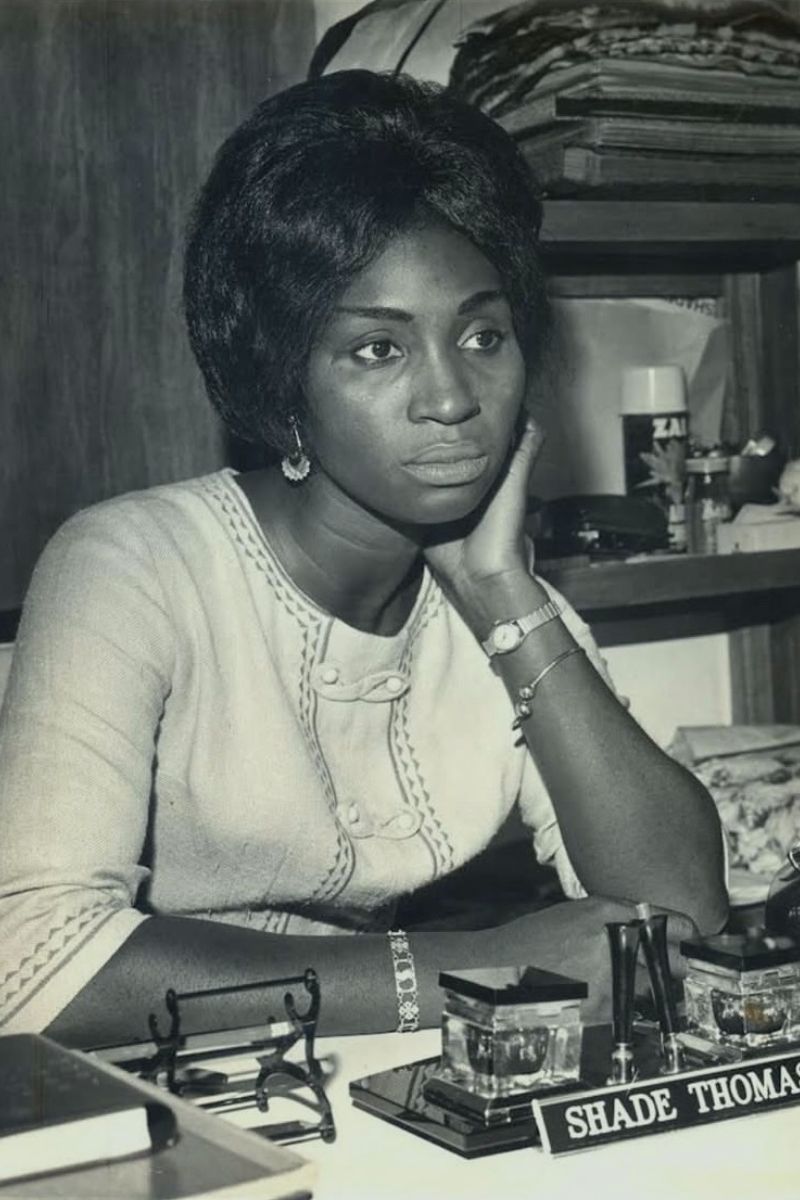
Shade Thomas-Fahm was not just a designer; she was a pioneer who dared to imagine that aso-oke, adire, and akwete could stand shoulder to shoulder with silk and velvet in the fashion capitals of the world. Her story is not simply about clothes, it is about rewriting the possibilities of identity, culture, and pride. In the 1950s, Shade Thomas-Fahm left Nigeria for the United Kingdom to study nursing. Fate, however, had other plans. While in London, she was drawn into the world of fashion and went on to train at the London College of Fashion, becoming the first Nigerian woman to do so. This period was critical, not only did she master technical skills like tailoring and pattern cutting, but she also gained firsthand experience of how fashion could be structured as an industry rather than just a craft.
Armed with this training, she returned home with a clear vision: to create a modern Nigerian fashion identity, one that blended the sophistication she had seen abroad with the richness of African heritage.
In the 1960s, she made history by opening Nigeria’s first boutique, a fashion house that instantly became a cultural landmark in Lagos. Unlike the local tailors’ shops that focused mainly on function, her boutique was about style, creativity, and self-expression. It introduced Nigerians to the idea of fashion as a lifestyle. Customers didn’t just come to buy clothes, they came to experience a new way of dressing that honored tradition while embracing modernity.
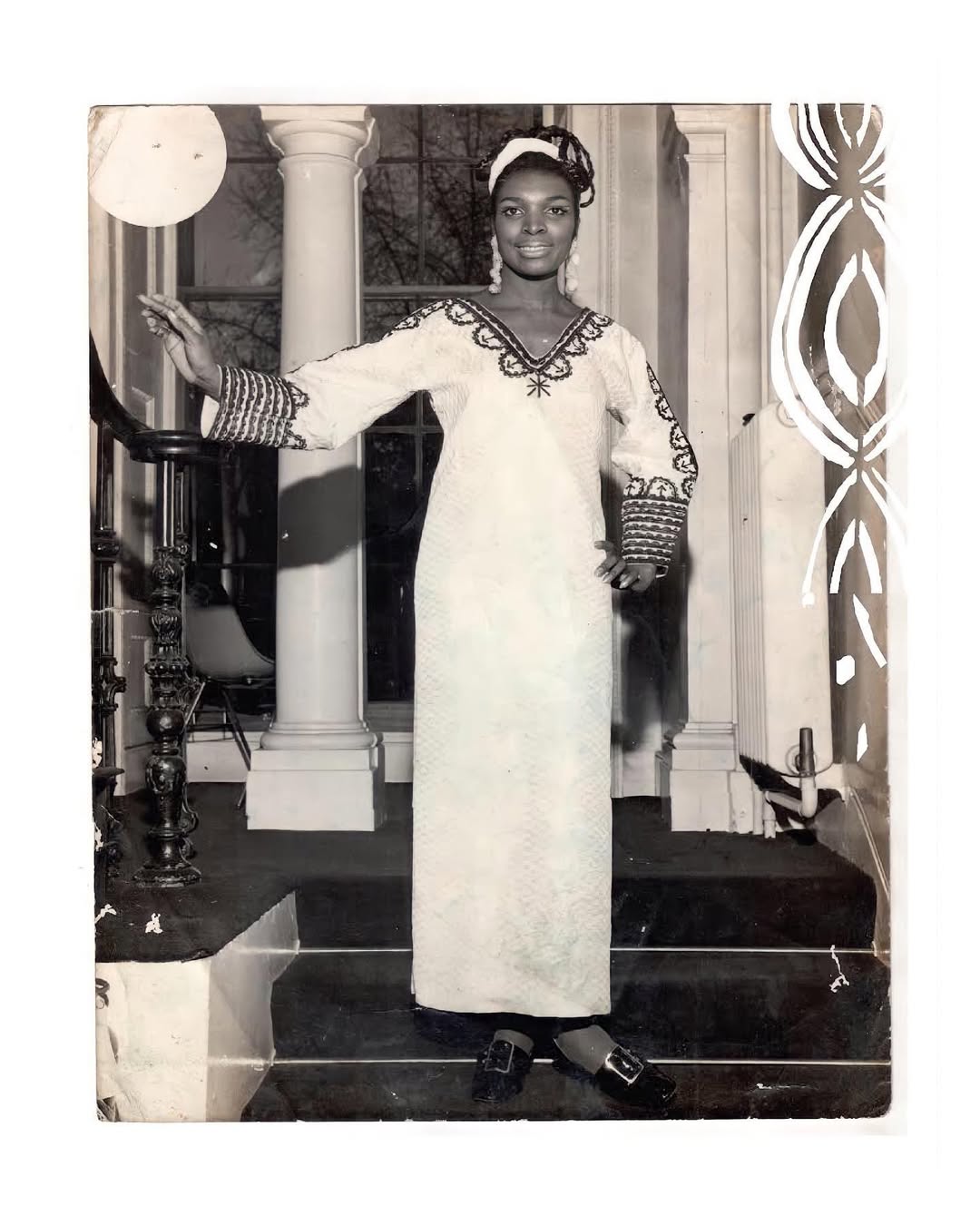
What set Shade Thomas-Fahm apart was her deep love for Nigerian textiles. She worked with handwoven aso-oke, adire (tie-dye), akwete, and other indigenous fabrics, giving them bold, innovative twists. These were not just fabrics; they were cultural symbols, and she modernized them for everyday wear. For example, she redesigned the traditional iro and buba, making them sleeker and easier to wear. She created kaftans, boubous, and head ties that were tailored with sharper cuts and lighter finishes. Her goal was simple yet radical: to prove that Nigerian fabrics were not “old-fashioned” or limited to ceremonies they could be fashionable, practical, and global. By doing this, Thomas-Fahm gave local textiles a new relevance and helped preserve weaving and dyeing traditions that might otherwise have been overlooked in the rush toward Western imports.
Beyond her boutique, she became a mentor and institution builder. She trained younger designers, passed on knowledge, and showed that fashion could be both art and business. She professionalized the craft emphasizing presentation, quality control, and branding long before these became common in Nigeria. Her work influenced not just clothing styles but also confidence. She gave Nigerian women permission to stand tall in clothes made from their own fabrics, setting the stage for the global recognition African fashion enjoys today.
Her goal was simple yet radical: to prove that Nigerian fabrics were not “old-fashioned” or limited to ceremonies they could be fashionable, practical, and global.
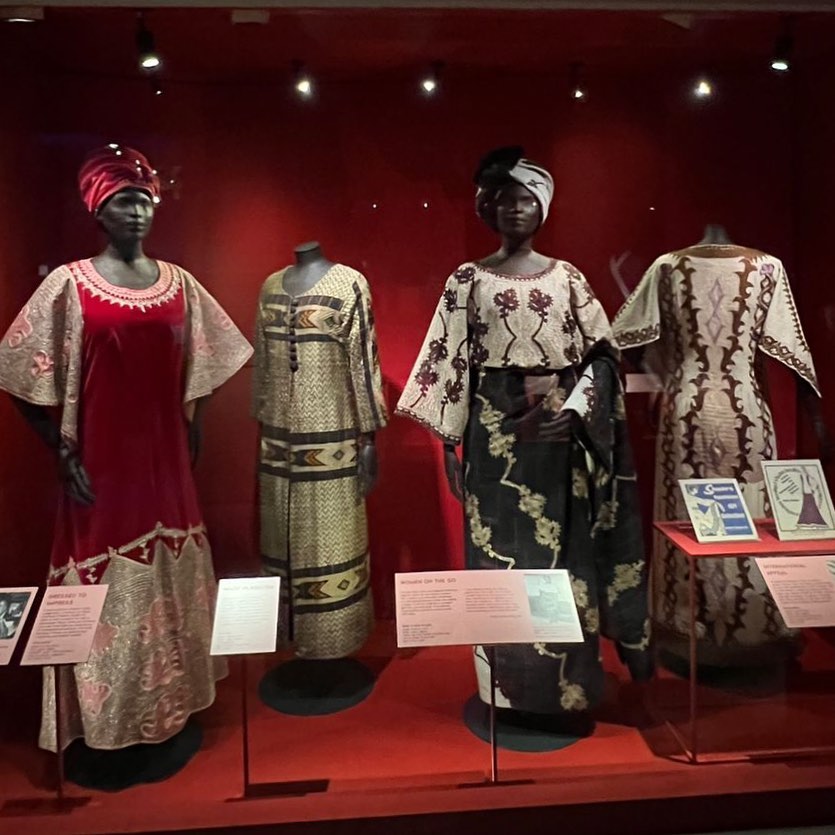
Even in her later years, Shade Thomas-Fahm continued to speak passionately about fashion’s role in identity. She urged new designers to value indigenous fabrics, to champion sustainability, and to tell authentic stories through clothes. While her name may not dominate social media trends, her fingerprints are on every runway where Nigerian fabrics now shine. Shade Thomas-Fahm’s work reminds us that fashion is never just about clothes. It is about who we are, where we come from, and where we are going. Long before African prints walked Paris or New York runways, she was already proving that Nigerian fabrics carried the sophistication of any global textile. Her vision did not just birth an industry; it gave Africa a seat at the global fashion table. To tell her story is to remind the world that behind every vibrant runway moment lies a pioneer who dared to imagine it first.

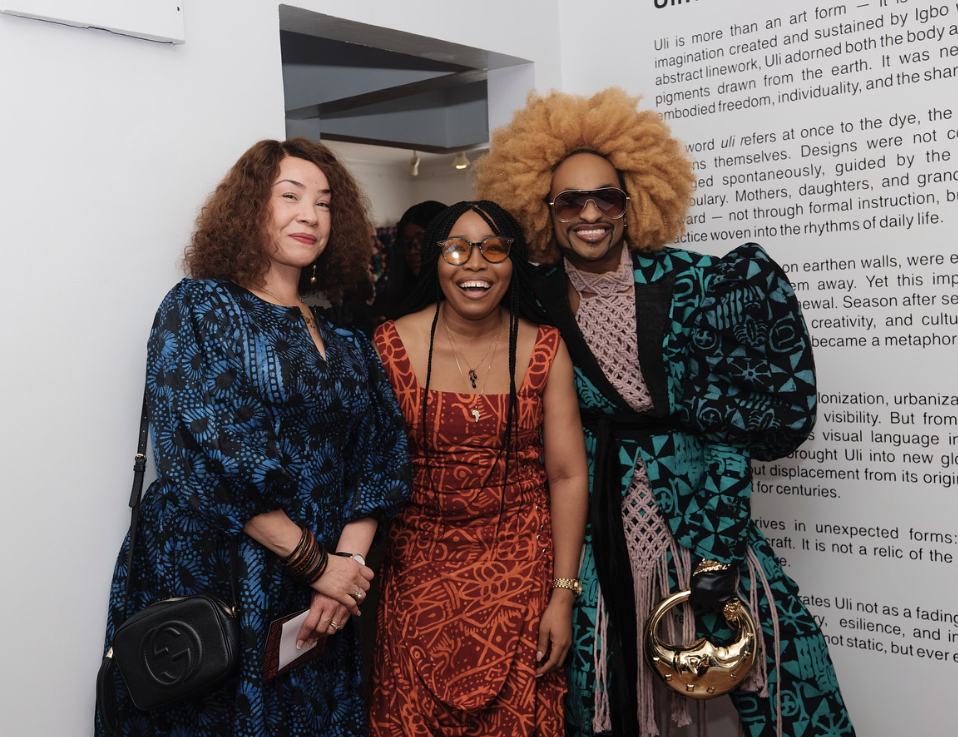
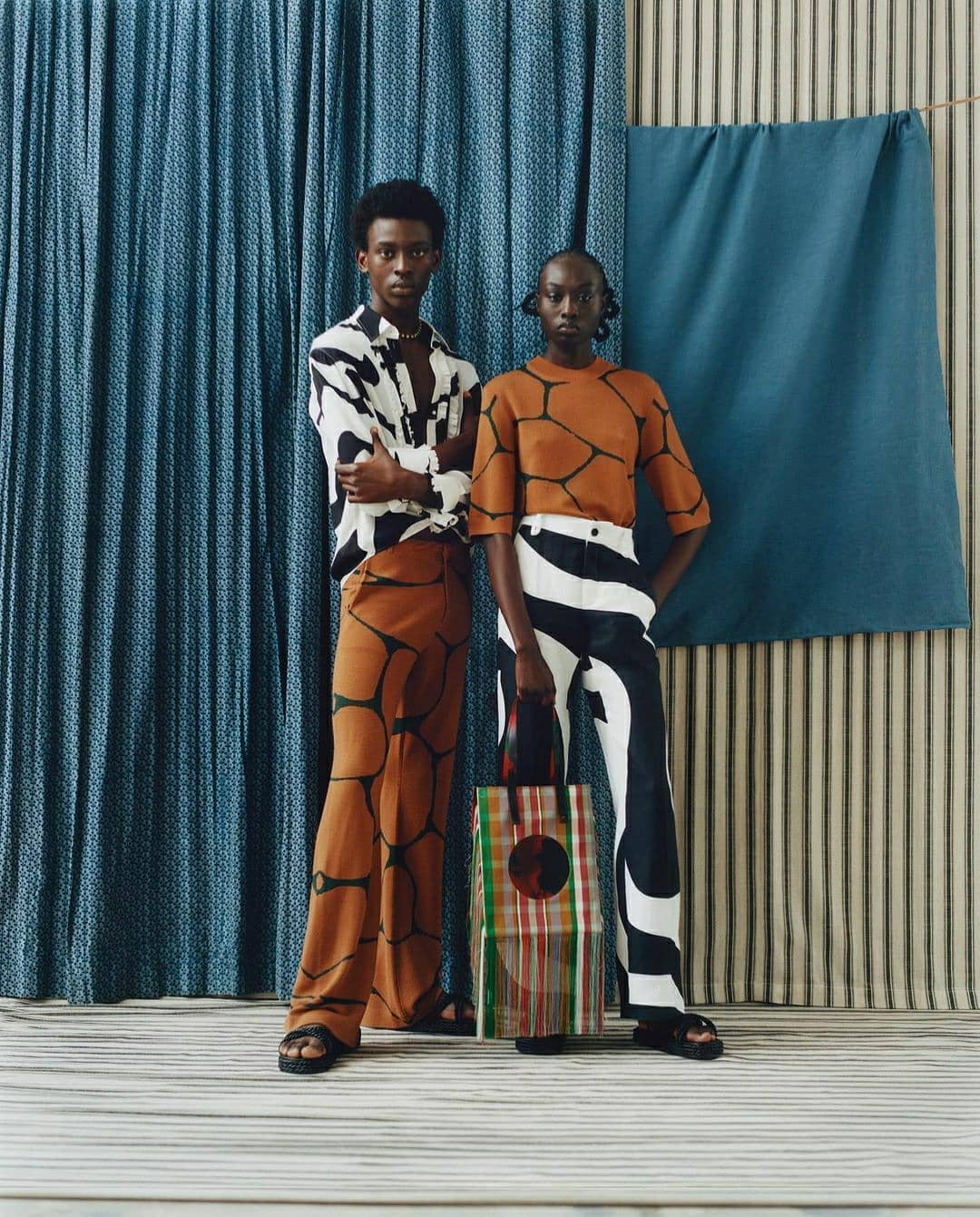
Comments